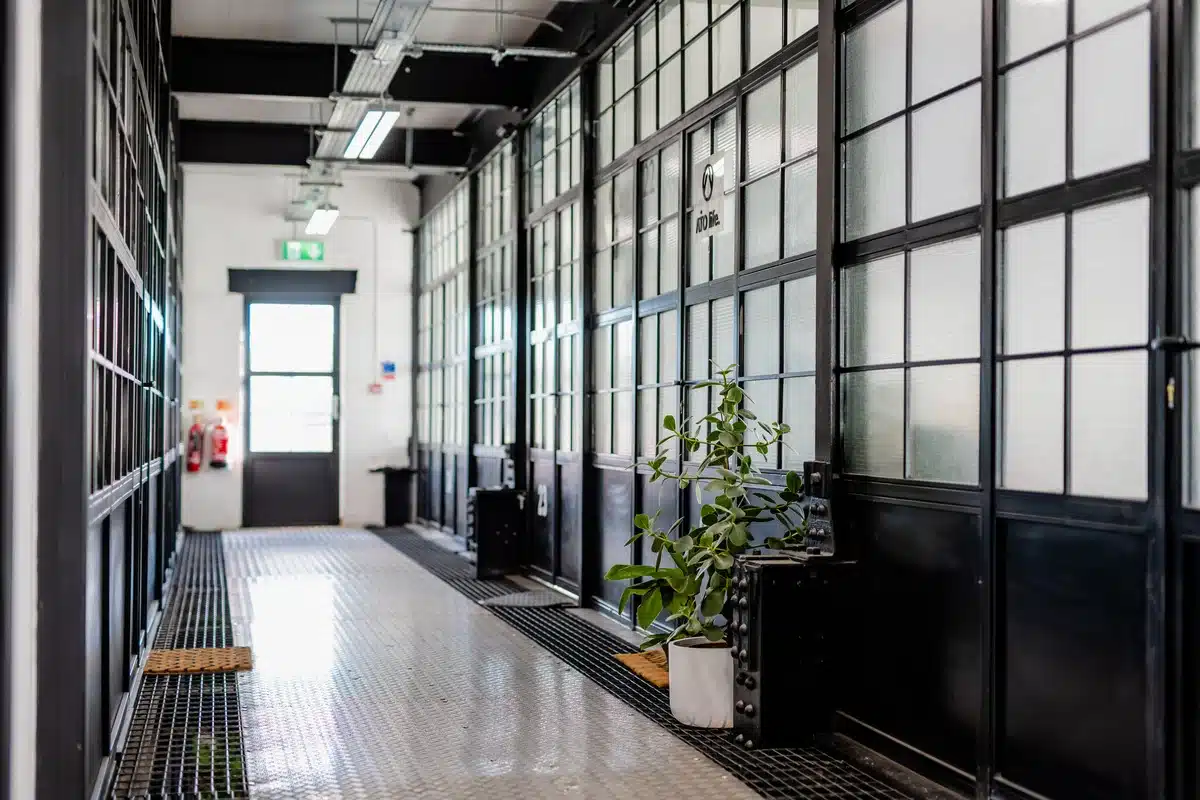Why Flexible Workspaces are a Game-Changer
Flexible workspaces have emerged as a transformative solution in the modern business landscape, offering a range of benefits. The importance of flexible workspaces lies in their ability to adapt to the evolving needs and preferences of businesses from different types of industries. This flexibility can have a significant impact on the success and growth of businesses in several ways.
Flexible Workspaces Empower Small Businesses
Flexible workspaces foster a collaborative and innovative environment that can be particularly beneficial for small businesses. These spaces bring together professionals from various industries and backgrounds, creating opportunities for networking, knowledge sharing, and potential collaborations. Small businesses can tap into this ecosystem to gain valuable insights, form strategic partnerships, and access resources they may not have had access to otherwise. The exchange of ideas and experiences within flexible workspaces can fuel creativity, problem-solving, and business growth.
Additionally, flexible workspaces offer scalability and cost-effectiveness for businesses. With the ability to easily scale up or down the space they occupy, organizations can align their physical footprint with their changing needs. This eliminates the financial burden of long-term leases and the risk of being stuck with excess space or inadequate facilities. By paying only for the space they require, businesses can optimize their operational costs and allocate resources more efficiently, leading to improved financial stability.
Moreover, the impact of flexible workspaces extends to employee satisfaction and well-being. These spaces often prioritize comfort, modern amenities, and community-building activities, creating a positive work environment that promotes work-life balance and employee engagement. The flexibility to choose when and where to work can enhance job satisfaction, attract top talent, and improve retention rates. Additionally, the presence of facilities like wellness areas, relaxation zones, and on-site services can contribute to employee well-being and productivity.
In summary, flexible workspaces have gained immense importance in the business world due to their ability to adapt, foster collaboration, enhance scalability, reduce costs, and promote employee satisfaction. As businesses strive for agility, innovation, and efficiency, embracing the concept of flexible workspaces can be a strategic move.

